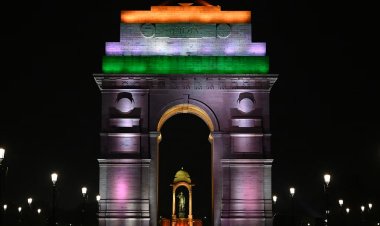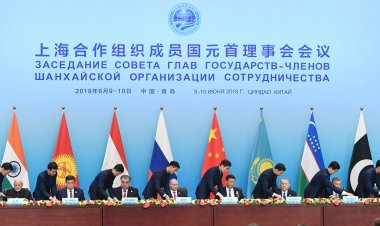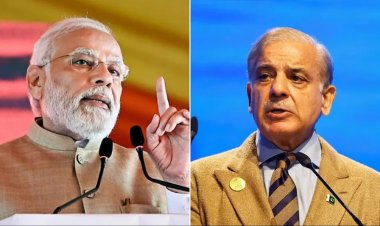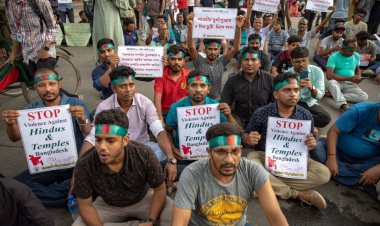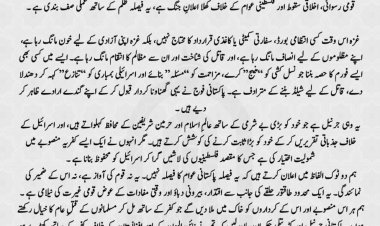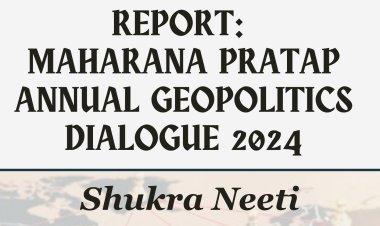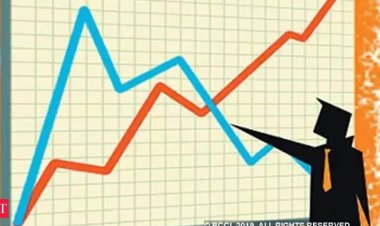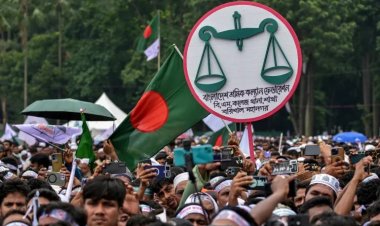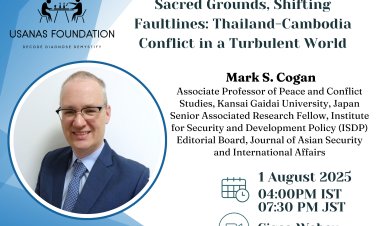Bangladesh & Pakistan: Success of Secularism and Failure of Fanaticism
The paper discusses the situation in Bangladesh and Pakistan where Bangladesh has controlled fundamentalism focused on economic progress and kept power away from religion while the latter can never do such political reforms.
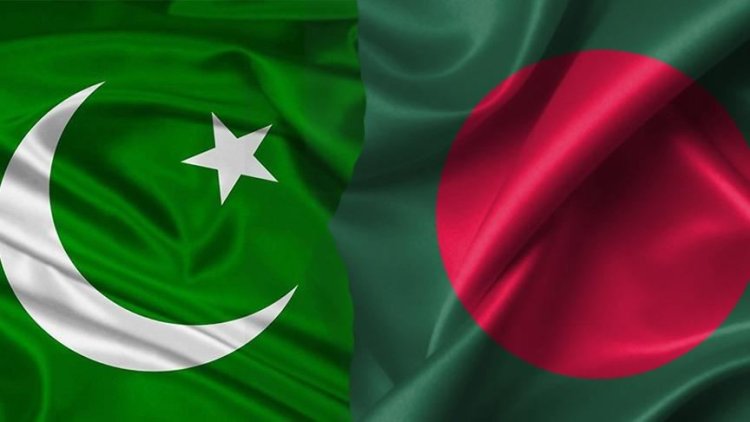
Commentary
By Dr Shujaat Ali Quadri
Mughal emperor Abu’l-Fath Jalal-ud-din Muhammad Akbar, better known as Akbar, used to be often remembered for his state policy as it promoted secularism and was aimed at ‘Sulh-i-Kul’ or universal peace and amity. This was despite the fact that Akbar was raised in a conservative Sunni environment, but he kept his heart open to all religions. He believed that every religion has something valuable to offer for humanity. Moreover, he developed a quest to search for a common ground among all religions.
Akbar invited scholars and religious leaders of different religions to his court. He is in fact the first known secular emperor in human history. Akbar’s introduction of a religious philosophy known as Din-i Ilahi (religion of God) was an attempt aimed at combining the salient features of Islam with Hinduism. His famous Ibadat Khana (at Fatehpur Sikri) was a house to hold religious discourses of all faiths.
Akbar was a wise statesman and a practical politician. He did not allow any religious interference in the matters of the State. He has been described by our first Prime Minister Pandit Jawaharlal Nehru as the ‘father of Indian nationalism’.
Today, the political and economic character of India mirrors the policies adopted by Akbar. Importantly, Akbar shaped the state in such a way that it would not become a hindrance to religion and at the same time would not allow religion to interfere in the functioning of the state. As a result of this, India became the richest, strongest, and the most prosperous and liberal country in the world. Five years before the death of Akbar i.e. in 1600, India’s GDP contribution to the world economy was 24.40 percent, which is the highest in the history of India.
Today in 2023, even the world's economic power America has not been able to reach this figure and its share is only 24 percent. Didn’t Akbar’s liberal and secular attitude make India a golden bird that still looks bigger than America in the economic history of the world? Today India is the fifth largest economic power in the world, but our share in the world’s GDP is only 3.28 percent.
Indonesia is the country with the largest Muslim population in the world but due to its inclusive, liberal, reformist and secular nature, its progress should be noted. Indonesia ranks 16th in the world in terms of nominal GDP and seventh in GDP by purchasing power parity. It is the biggest economic power of Southeast Asia. It is estimated that by the year 2025, Indonesia will grow with 130 billion dollars. Indonesia's contribution to the world's economic system is 1.25 percent. It is an understandable fact that it has the largest population of Muslims in terms of population as well as the largest economy among Islamic countries. Turkey and Saudi Arabia are also below Indonesia.
The example of Bangladesh is unique. The Bangladesh we knew for hunger, floods, infiltration and crime is today one of the fastest-growing economies in the world. Bangladesh was in a very bad condition after separating from Pakistan. Today, Bangladesh is the 37th largest economy in the world in terms of nominal GDP and Pakistan is the 42nd. The growth rate of Bangladesh is 5.5 percent and that of Pakistan is 0.5 percent. Due to PM Sheikh Hasina’s political reforms and India's economic progress and technological transfer, Bangladesh is filling the gaps of development while Pakistan is continuously going into the trough due to its obstinate and aggressive attitude. The biggest reason behind this also depends on the nation's attitude towards religion. Bangladesh has consistently controlled fundamentalism, focused on economic progress and kept power away from religion. Pakistan can never do such political reforms.
After Pakistan another Muslim country that has shot itself in the foot is Turkey. Once a paragon of secularism, Turkey recently reached a stage when the son of its President was reported to have direct dealings with the dreaded terrorist organization, Islamic State of Iraq and Syria (ISIS). Between 2021 and 2022 only, the inflation in Turkey increased to 78.60 percent alone.
The effect of damage to Turkey’s international image was that the country that once had its lira had a 1-1 value against the US dollar. Today, the country is forced to spend 20 liras per dollar. You can imagine how deep the economic condition of Turkey has been.
In Turkey, electricity has become 57 percent more expensive in the last four years and the unemployment rate is 27 percent. But Erdogan thinks that he can fool Turkey in the name of Islam. Today Erdogan’s political situation is very bad and it is born from his failed political experiment where he tried to combine power and religion. Even the so-called right wing has not been appeased by his policies, while the secular public’s anger has mounted more.
Turkey and Pakistan, who are suffering from terrible unemployment and the worst economic crisis, are a lesson for the world that countries are run on solid governance plans and future-oriented policies. The public can’t be served past to satiate its hunger. Neither the past ever comes to the rescue of a doomed nation. India also has to mind this warning.
Disclaimer: This paper is the author's individual scholastic contribution and does not necessarily reflect the organization's viewpoint.
The Author is the Chairman of the Muslim Students Organisation of India

